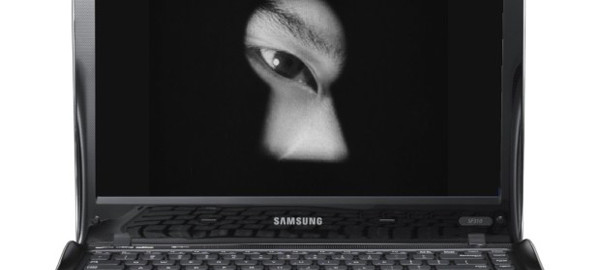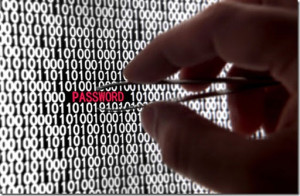What is a Keylogger? Why is it so Dangerous?
What is a Keylogger? Why is it so Dangerous?
by Jeandre de Beer
All of us have heard about viruses and malware – but not many of us knows exactly what a keylogger is and why you should do everything possible to protect yourself from this.
A keylogger is a piece of software — or a hardware device — that logs every key you press on your keyboard. It can capture personal messages, passwords, credit card numbers, and everything else you type.
Keyloggers are usually installed by malware programs and the idea is to get your personal information and credit card details.
How a Keylogger Would Get On Your Computer
Many times you can get infected when downloading files from the internet. You have heard about so called “free” software – that is actually cracked editions of commercially available software.
When a user downloads cracked or pirated software or music – there is a good chance that the software can include malware that installs itself at the same time in the background without you knowing about it.
How does a Keylogger work?
It runs hidden in the background, making a note of each keystroke you type. It then later scans through the saved file of all the keystrokes for certain types of text — for example, it could look for sequences of numbers that look like credit card numbers or website and email passwords and upload them to a malicious server so they can be abused.
How can you protect yourself?
Keylogging software is just another type of malware. You can avoid keylogging software in the same way you avoid other malware — be careful what you download and install. Never download cracked or pirated software or music.
Make sure that USB flash drives that you use in your computer are not already infected. Use a solid antivirus program that will give protection against keyloggers.
Why is it so Dangerous?
Keyloggers are one of the more dangerous forms of malware, as you won’t realize they’re running if they’re doing their job well.
They hide in the background and don’t cause any trouble, capturing credit card numbers and passwords for as long as they can evade detection.
Do you think you are infected?
Do not risk your credit card or personal information being stolen. Give us a call – we are experts in this field.






Leave a Reply
Want to join the discussion?Feel free to contribute!